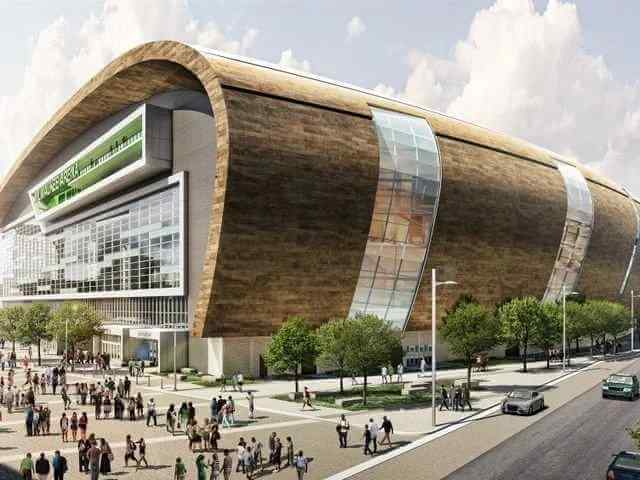
When it comes to residential construction, the use of prefabricated modular building systems is gaining popularity for its practicality and efficiency. These systems involve the manufacturing of building components off-site in a controlled environment, before being transported to the construction site for assembly. This method offers various advantages over traditional construction methods, making it an attractive option for homeowners, builders, and developers alike.
One of the key benefits of prefabricated modular building systems is the speed of construction. Since the building components are manufactured off-site, the construction process can be completed in a fraction of the time it would take using traditional methods. This not only reduces the overall construction schedule but also allows homeowners to move into their new homes much quicker. In addition, the controlled environment in which the components are manufactured ensures high quality and precision, leading to fewer delays and rework during the construction process.
Another advantage of prefabricated modular building systems is their cost-effectiveness. By streamlining the construction process and minimizing material waste, these systems can help reduce overall construction costs. Additionally, since the components are manufactured in bulk, savings can be achieved through economies of scale. This makes prefabricated modular construction a more affordable option for homeowners looking to build a new home or developers working on larger residential projects.
In terms of sustainability, prefabricated modular building systems also offer significant benefits. The controlled manufacturing process allows for more efficient use of materials, reducing waste and minimizing environmental impact. Additionally, the energy efficiency of these systems can be optimized through the use of sustainable building materials and technologies, leading to lower utility costs for homeowners in the long run. With the increasing focus on environmental conservation and green building practices, prefabricated modular construction offers a more eco-friendly alternative to traditional construction methods.
Furthermore, prefabricated modular building systems offer a high degree of flexibility and customization. Homeowners can choose from a variety of designs and floor plans to create a home that suits their specific needs and preferences. The modular nature of the components also allows for easy expansion or modification in the future, making it a versatile and adaptable construction method. Whether building a single-family home or a multi-unit development, prefabricated modular systems can be tailored to meet the unique requirements of each project.
When it comes to durability and structural integrity, prefabricated modular building systems are designed to meet or exceed industry standards. The components are engineered to withstand various environmental conditions and ensure the long-term stability of the structure. Additionally, the use of advanced construction techniques and materials results in buildings that are resilient and able to withstand the test of time. This makes prefabricated modular construction a reliable and long-lasting option for residential projects.
In conclusion, the practicality of prefabricated modular building systems for residential construction cannot be overlooked. From their speed and cost-effectiveness to their sustainability and flexibility, these systems offer numerous advantages that make them a viable alternative to traditional construction methods. Whether you are a homeowner looking to build a new home or a developer working on a residential project, prefabricated modular construction can provide a efficient, affordable, and environmentally friendly solution to your construction needs.
